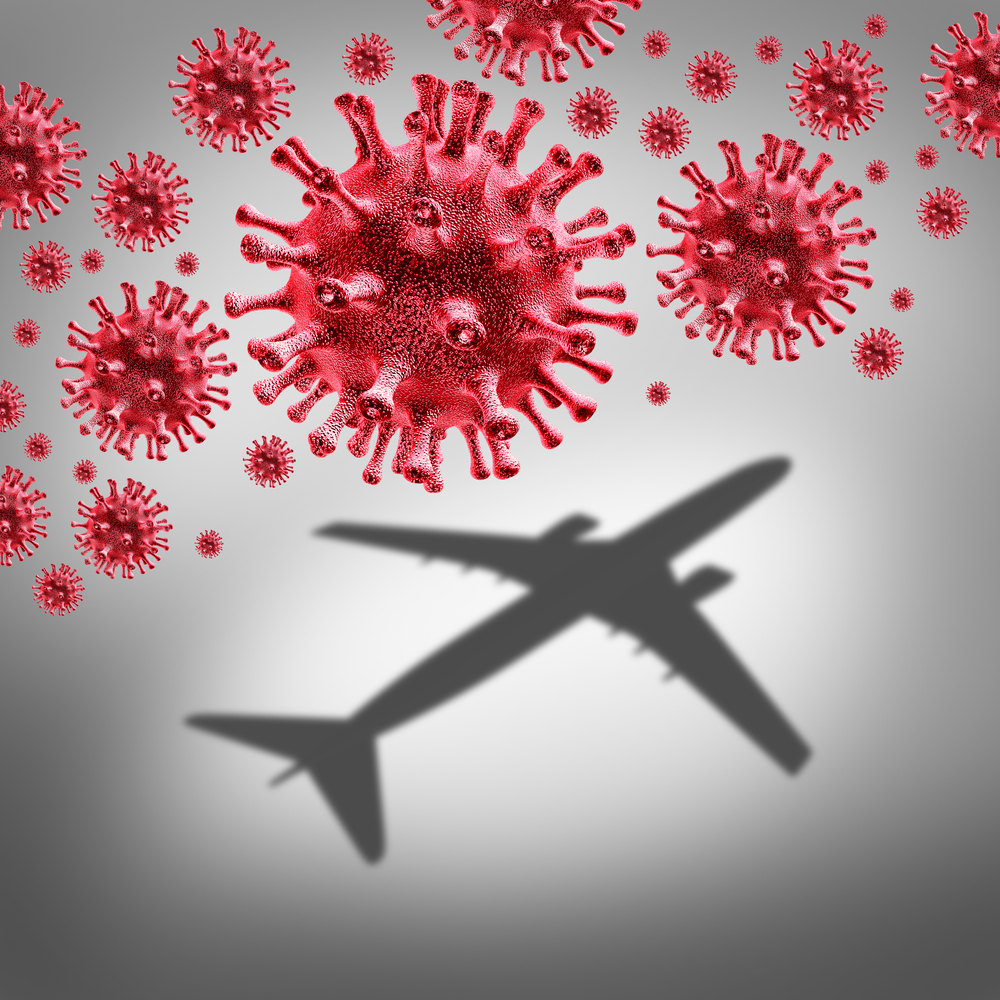
Rep. Peter DeFazio (D-OR), chair of the House Committee on Transportation and Infrastructure, urged U.S. airlines to engage in better social distancing policies to prevent the spread of COVID-19.
In a letter to the major U.S. airline trade associations, DeFazio said that he understands the financial struggles airlines currently face but stressed that the health and safety of all crew members and passengers must be a priority.
The letter stems from a string of reports that commercial lights were increasingly full, leading to breakdowns in social distancing and other measures put in place to fight the spread of coronavirus transmission.
“Despite Centers for Disease Control recommendations regarding social distancing, the picture shows nearly every seat is filled. And although many passengers are wearing masks or other protective face coverings, they look worried. In fact, a physician on the flight tweeted that passengers were ‘scared’ and ‘shocked’ by the absence of social distancing on board,” DeFazio wrote in a letter to Airlines for America. “I would be, too, if I were about to spend the next five hours sealed in a tube with up to 184 passengers, all seated inches from one another, and any number of whom could be a carrier of COVID-19. Who among the CEOs of A4A carriers would want a member of their own family to be assigned to a middle seat between two potentially contagious passengers in the middle of a global pandemic?
DeFazio said he is continuing to push for federal guidance that requires face coverings and is urging the U.S. Department of Transportation and the Department of Homeland Security to bring together an interagency working group to develop plans on how the aviation industry should address COVID-19.
DeFazio asked airlines to consider taking voluntary measures.
“In that spirit, I would respectfully urge A4A members to ensure that their reservation systems leave at least one seat-width of spacing between passengers and to dynamically adjust fares as needed to account for the effect on load factors,” he wrote. “On narrow-body aircraft, this would reduce the maximum load factor to roughly 67 percent. The pandemic requires short-term adjustment on the part of every stakeholder, and the sooner we can defeat this insidious virus, the sooner the American public will feel confident about buying airline tickets and traveling again.”